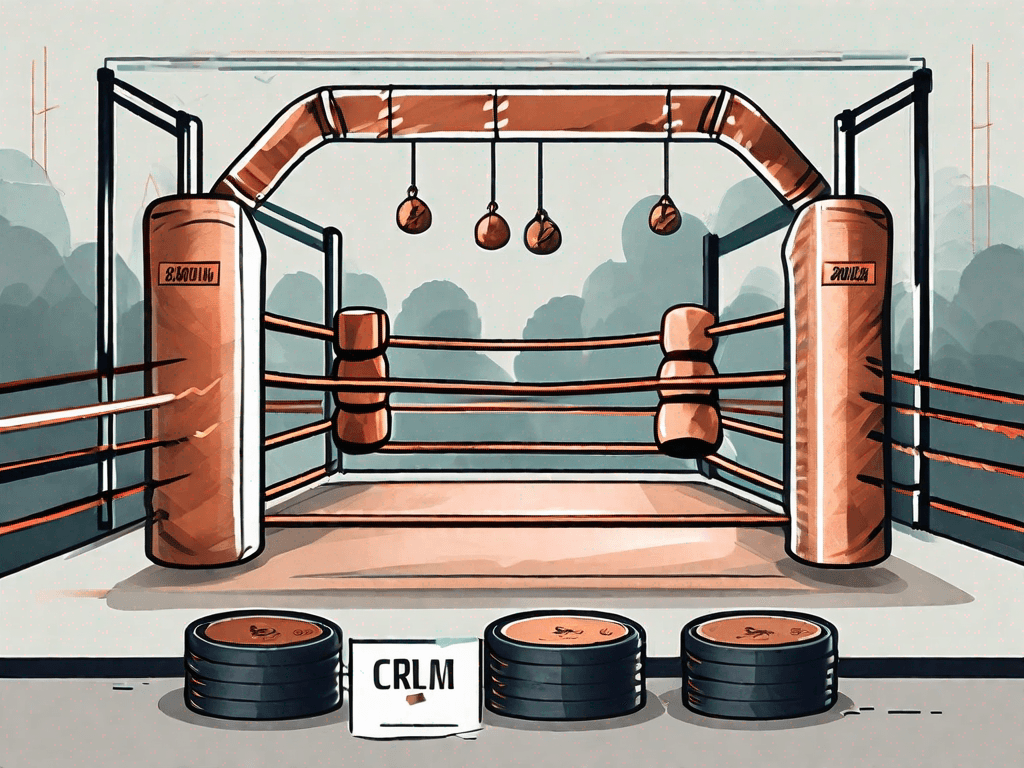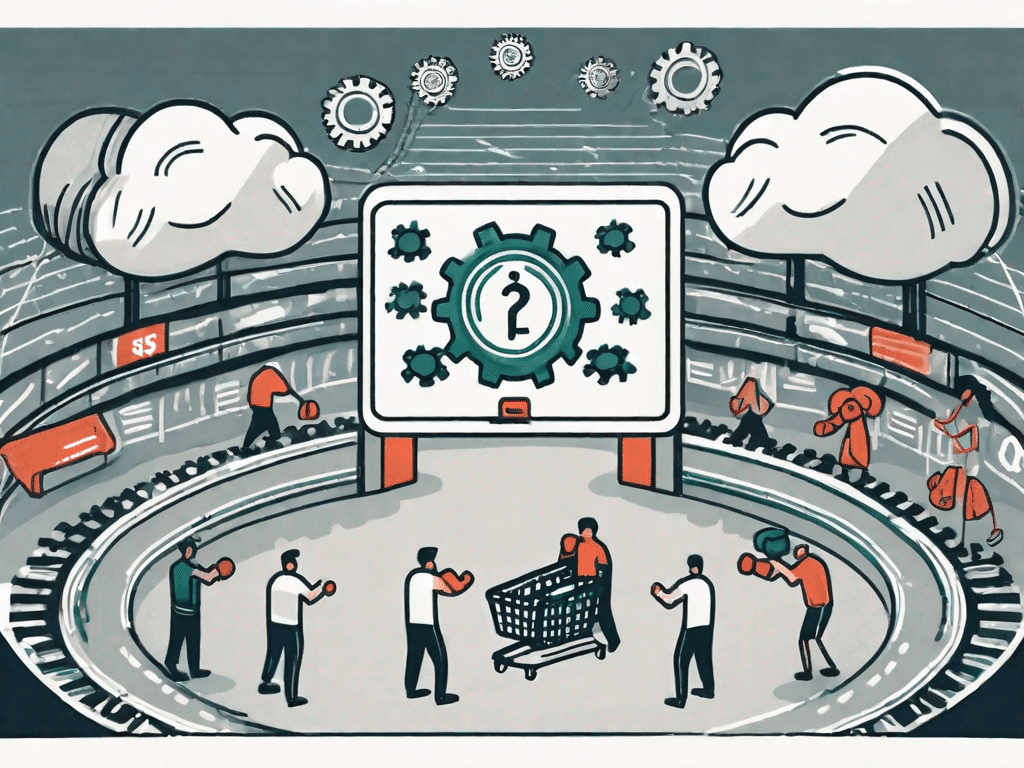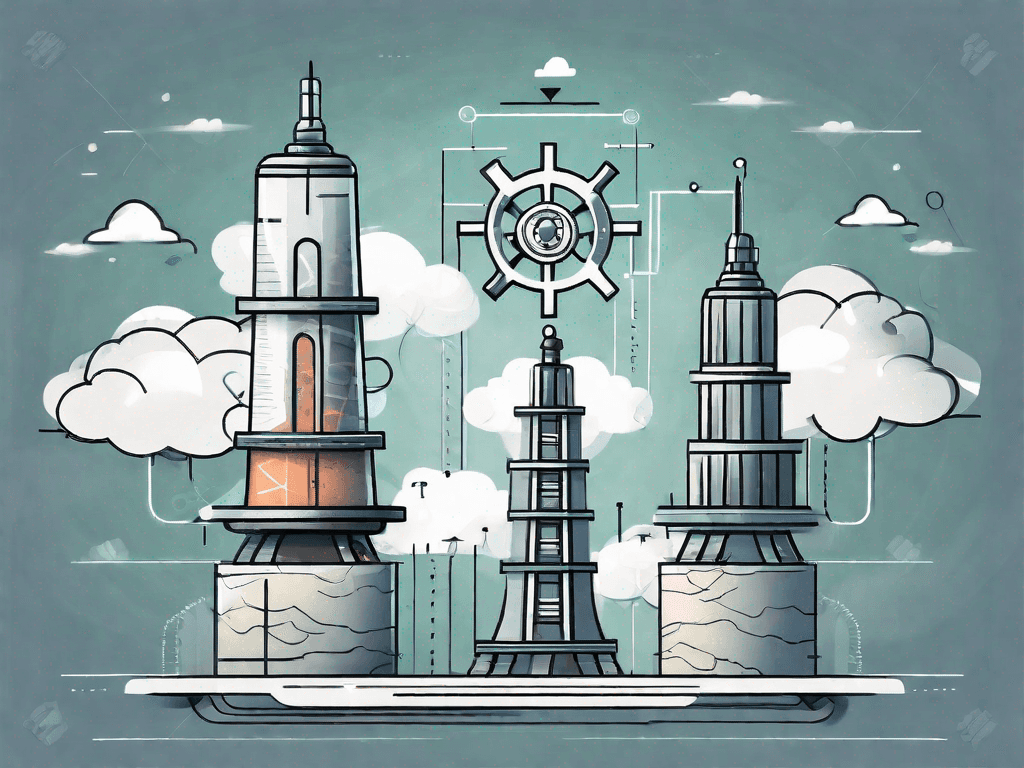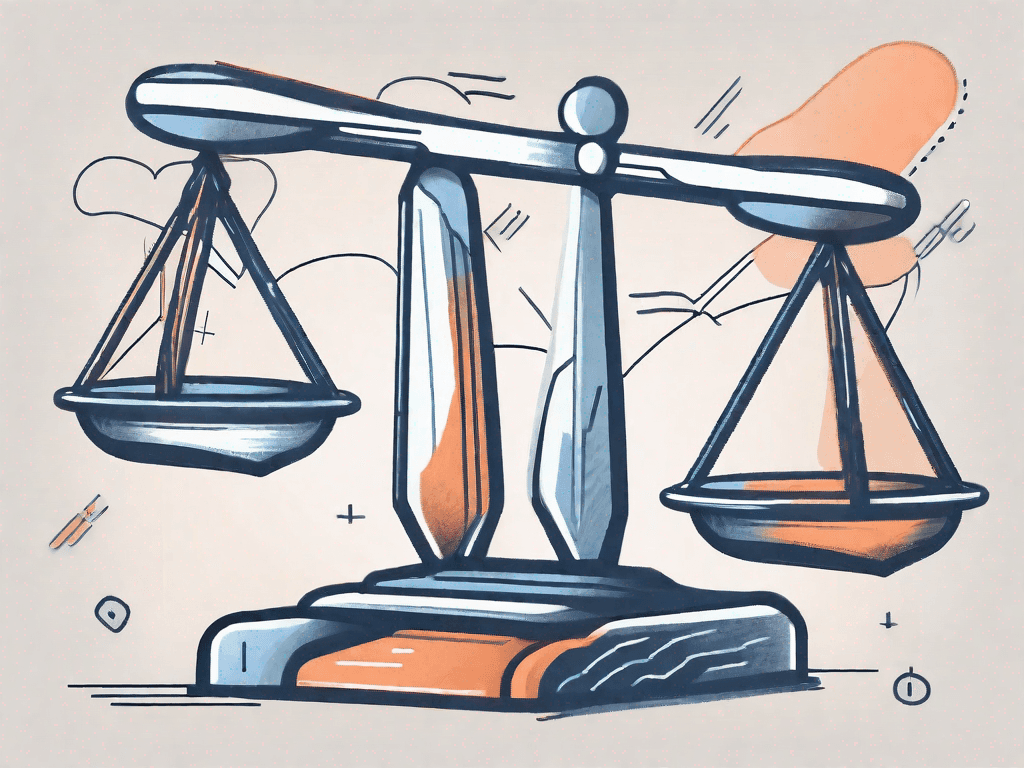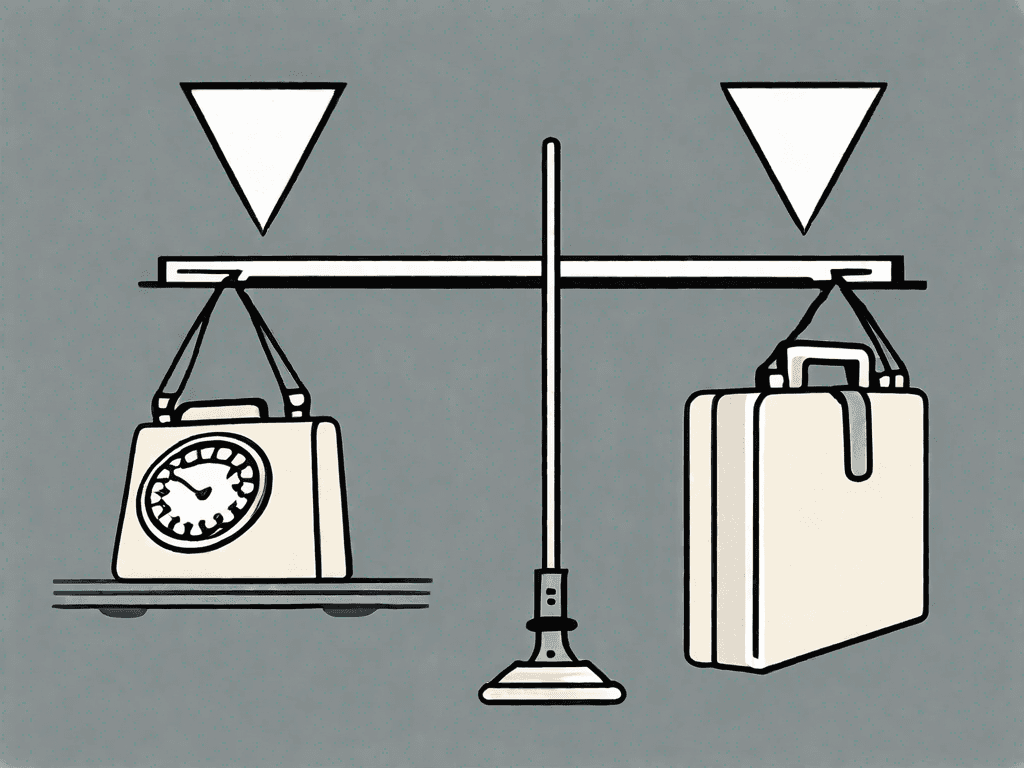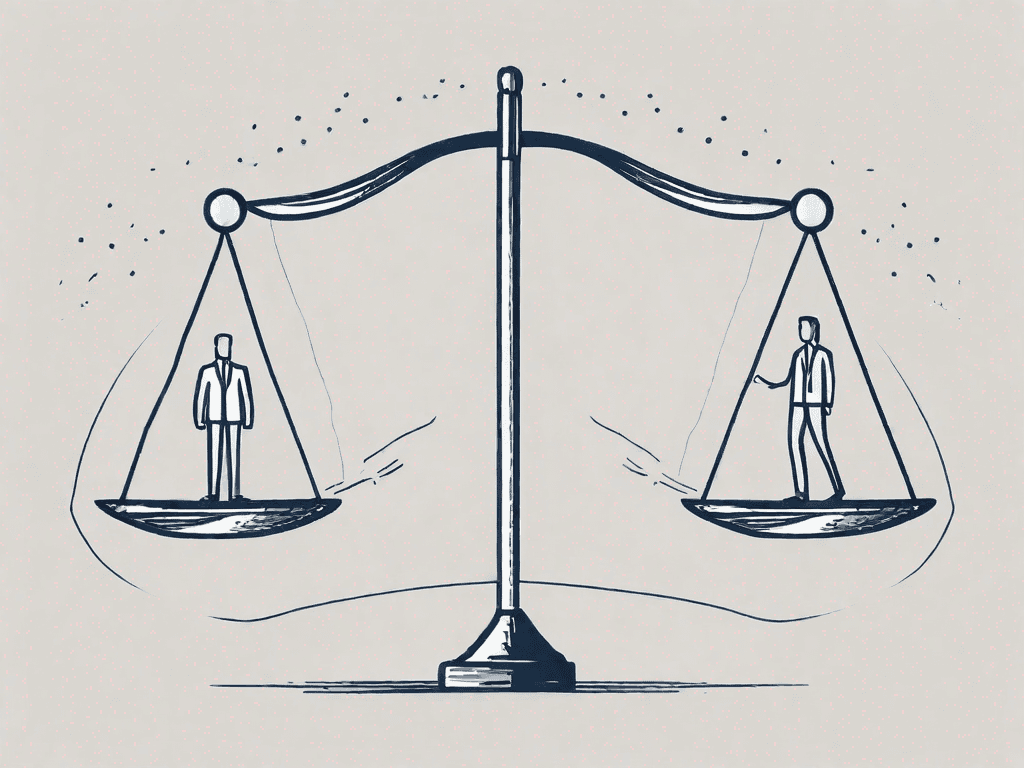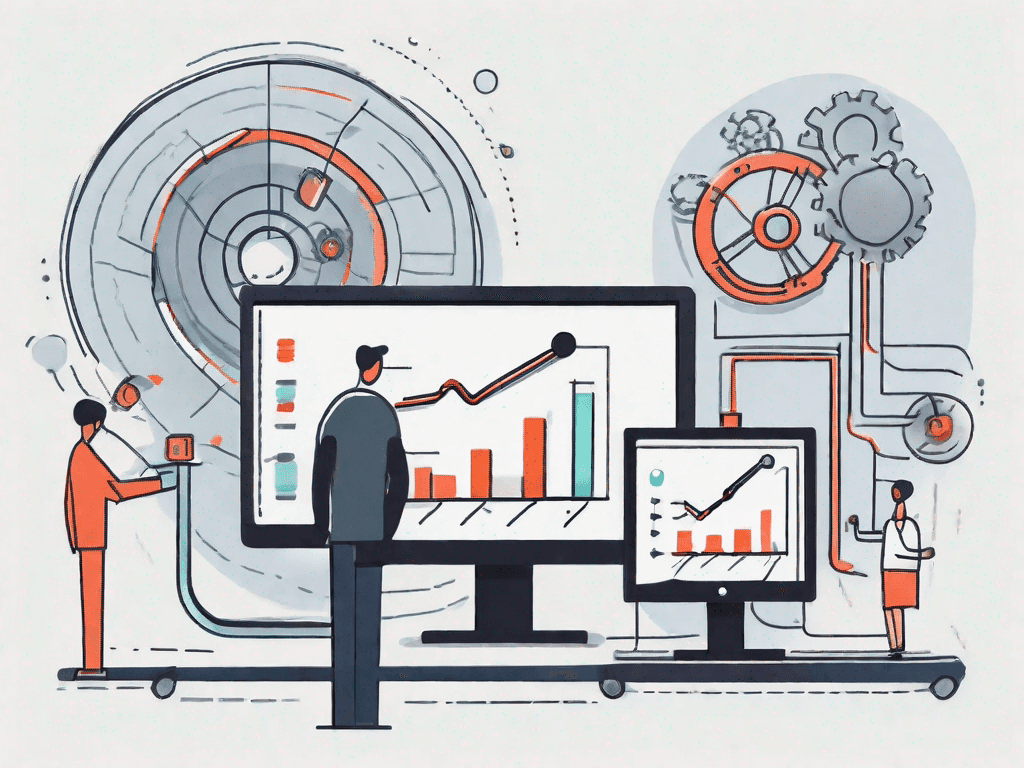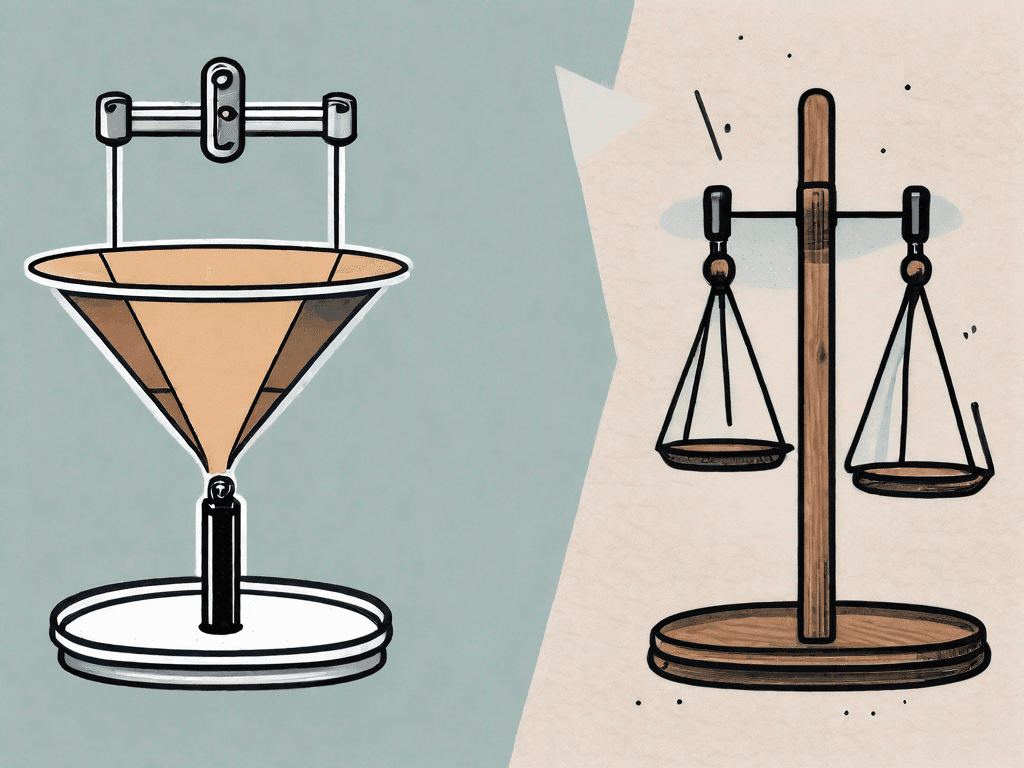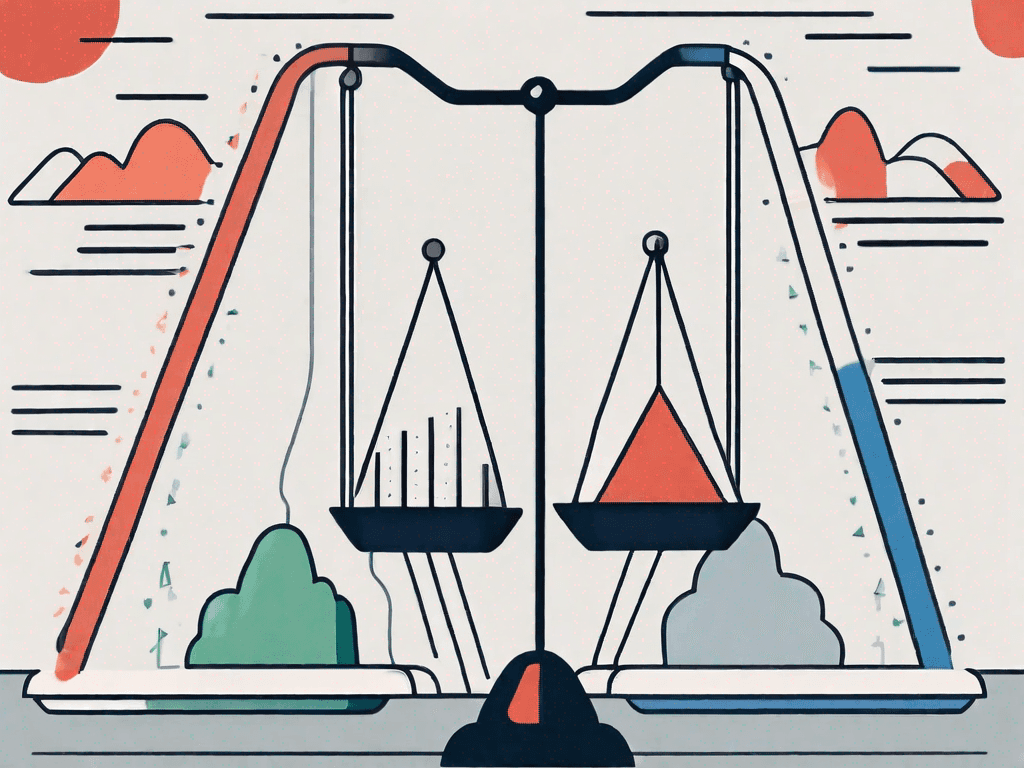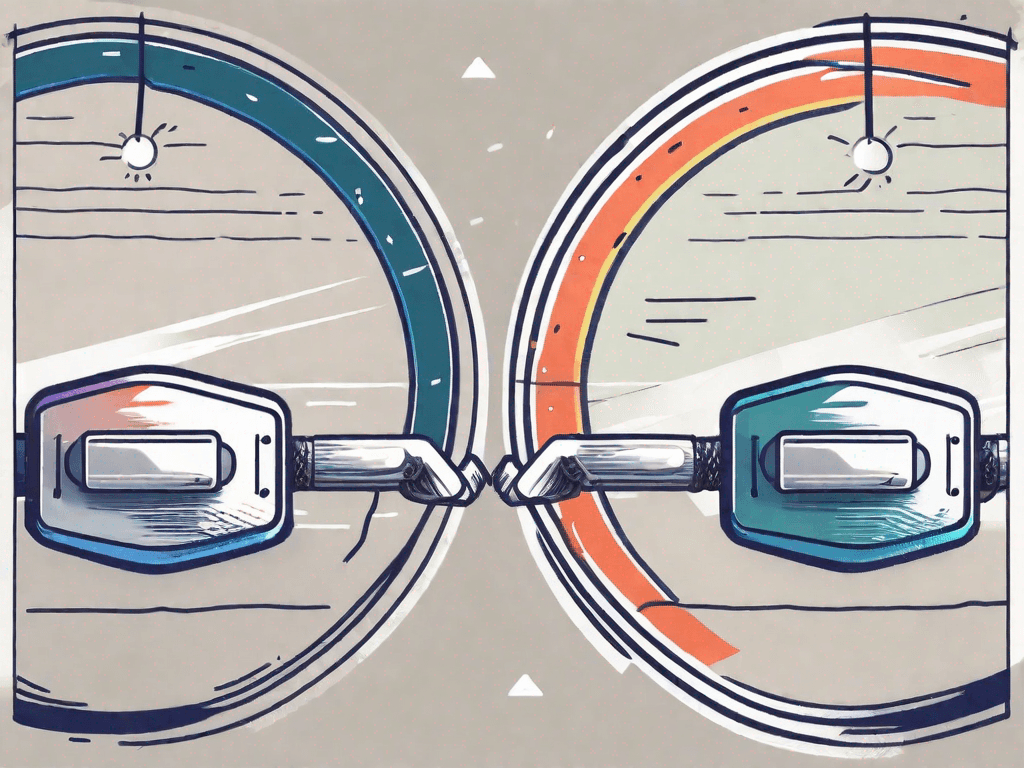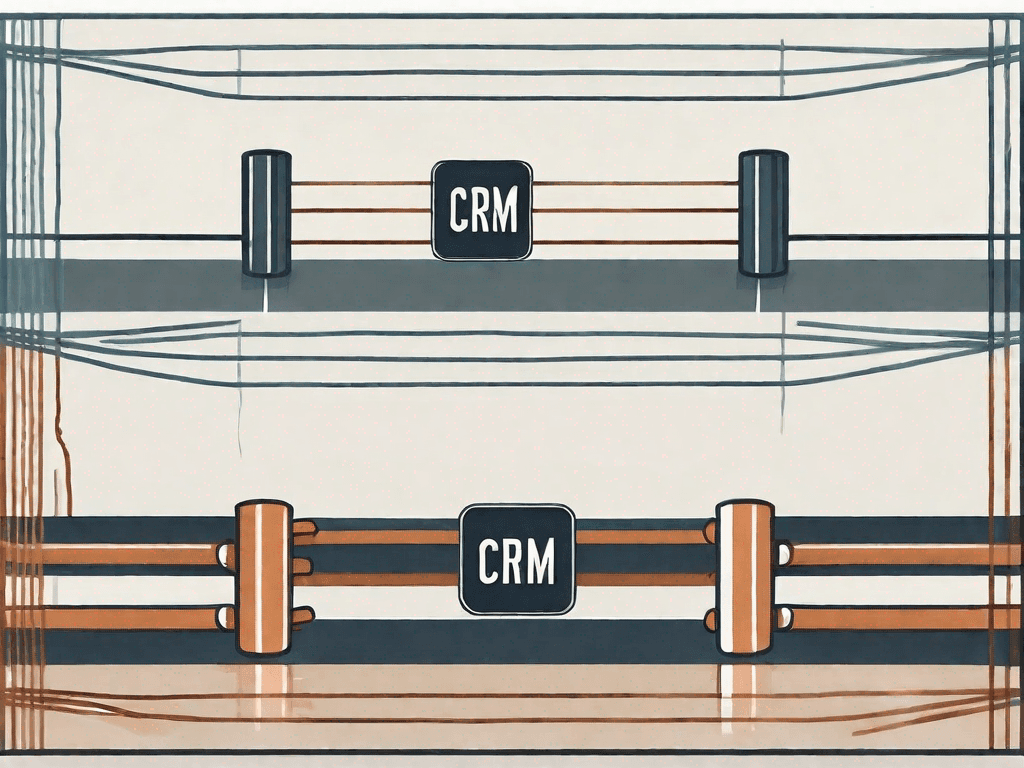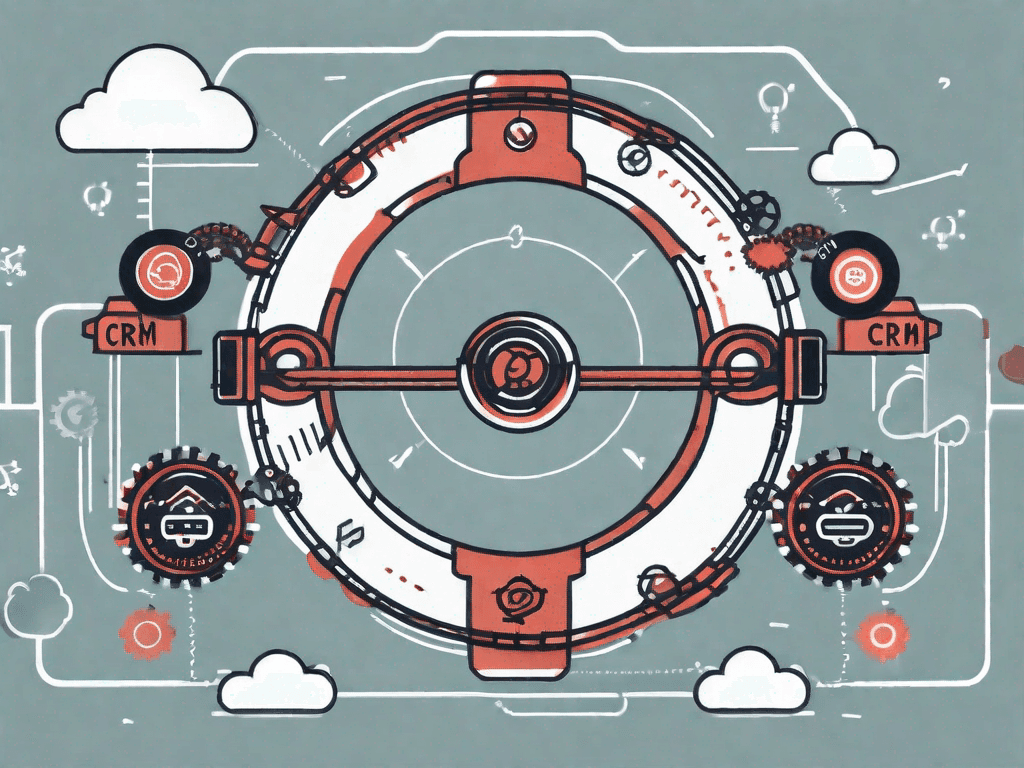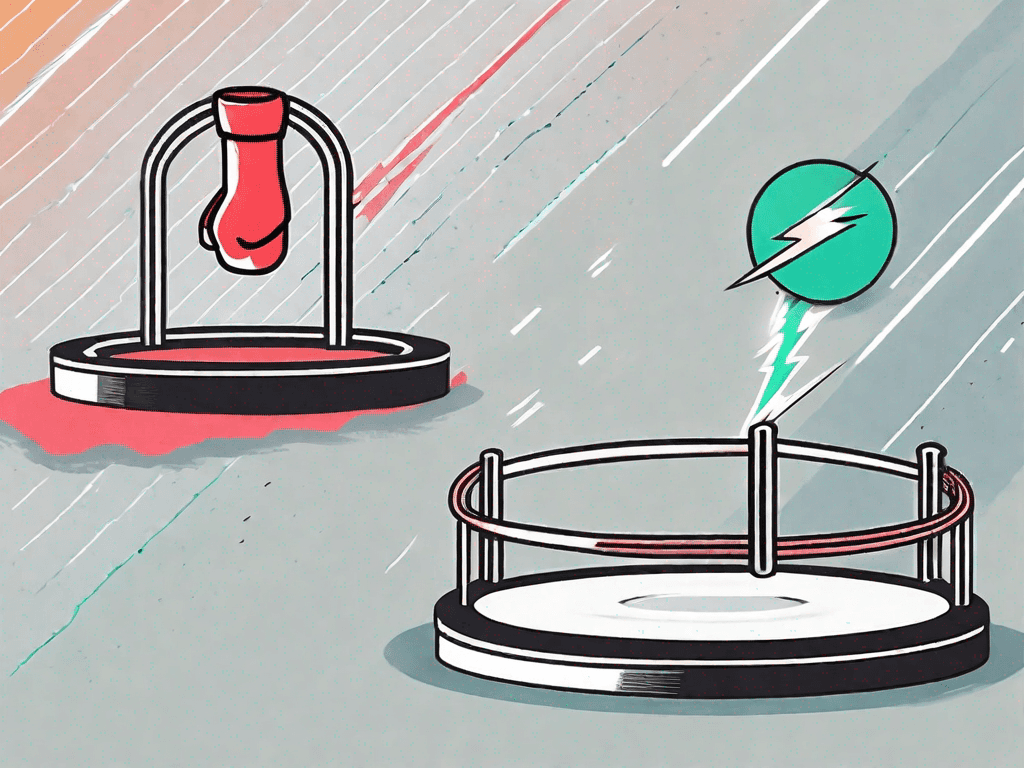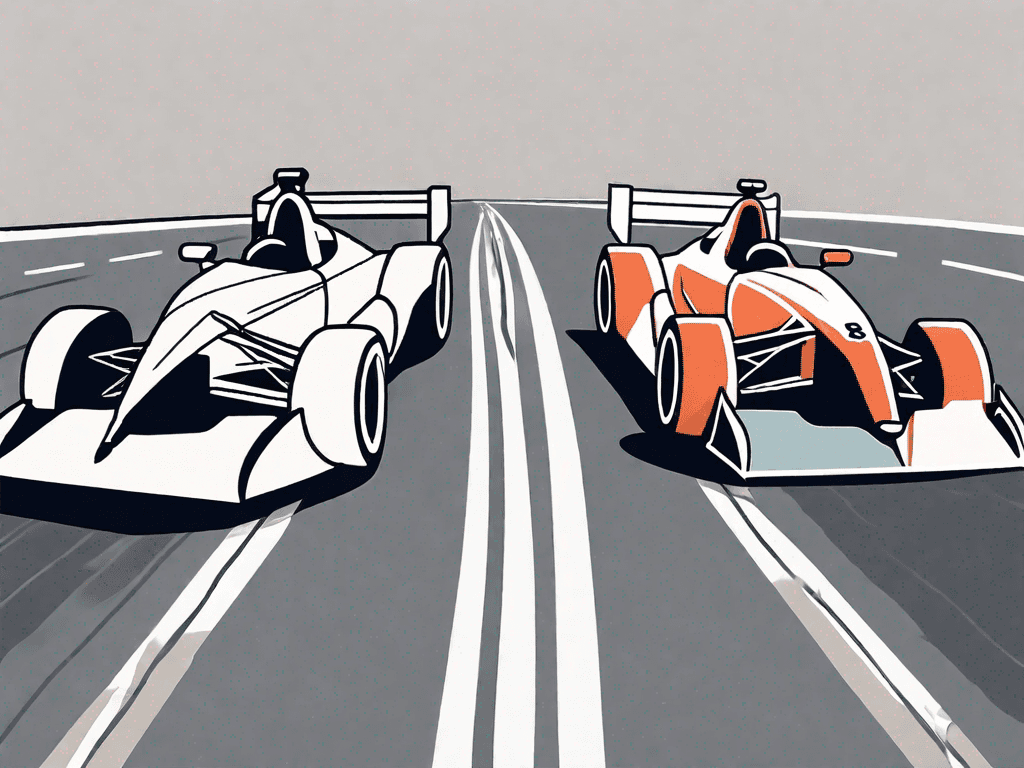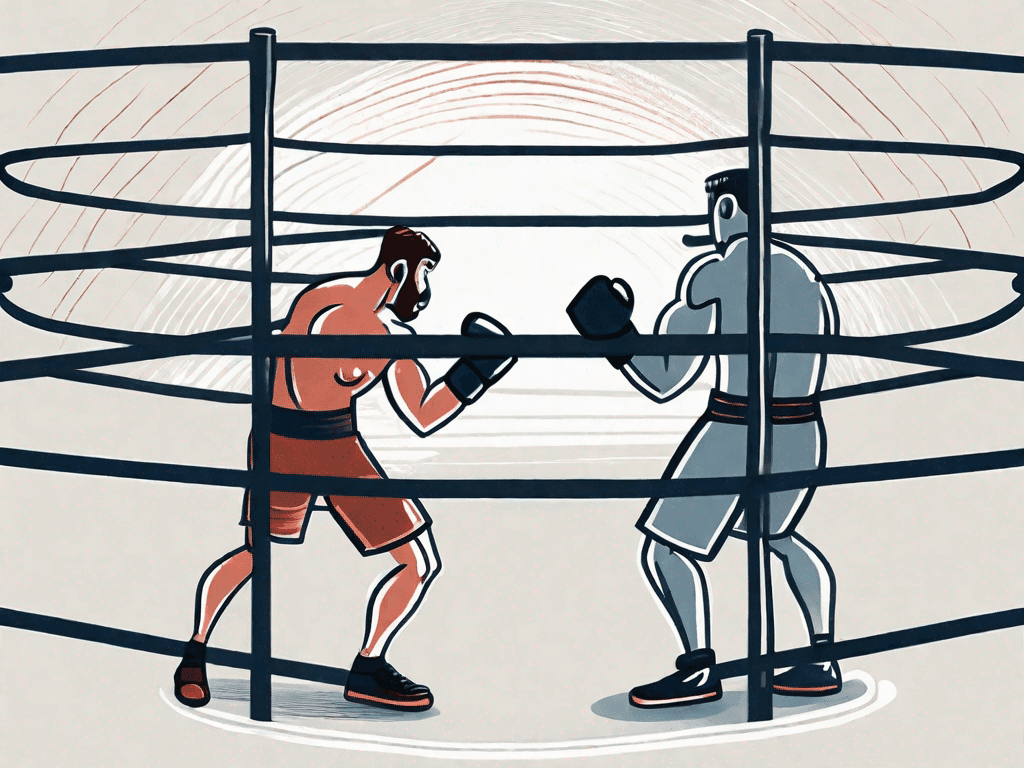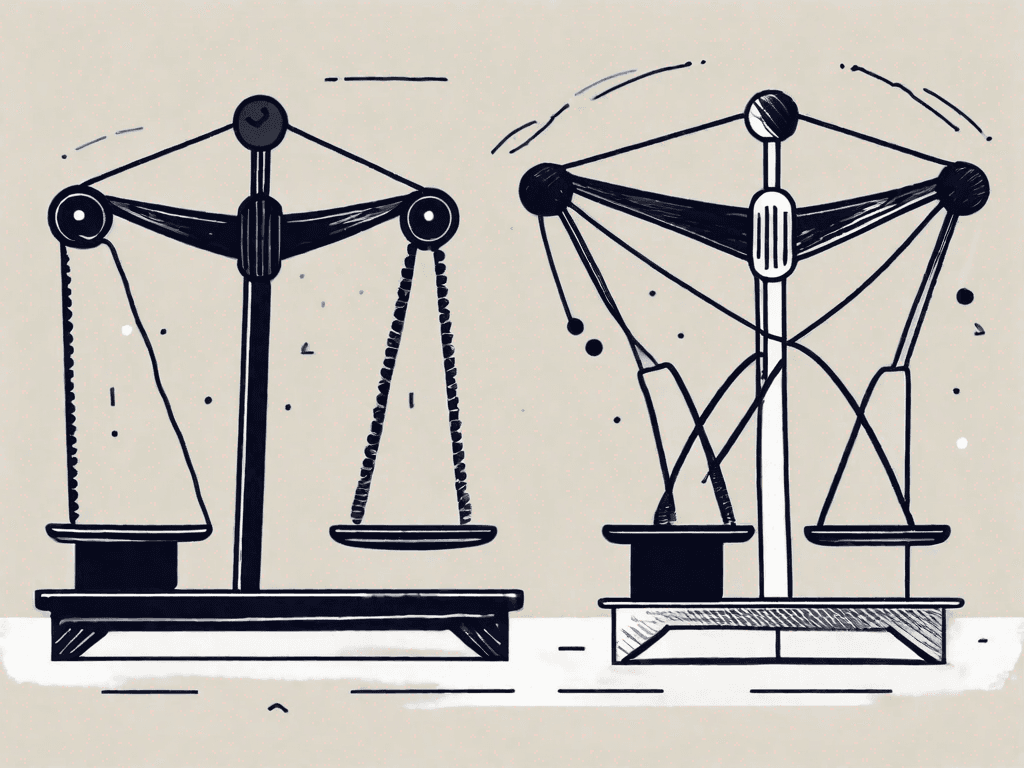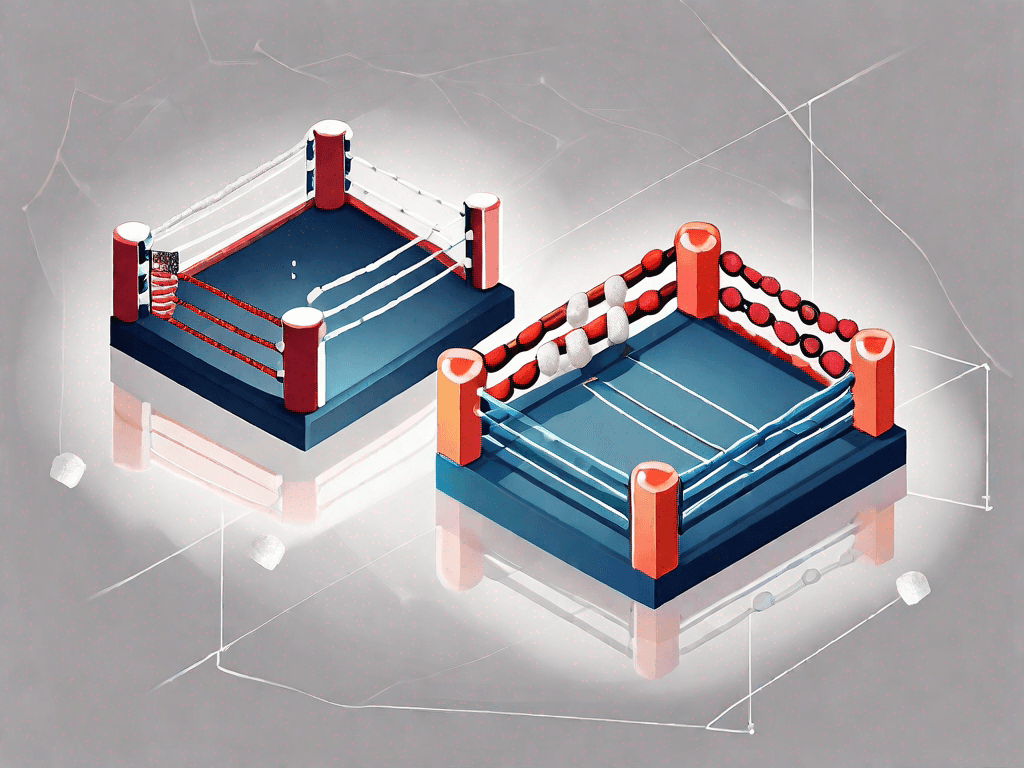
Hubspot vs Sugar CRM: Which CRM is the Best?
CRM (Customer Relationship Management) software is an essential tool for businesses looking to streamline their customer interactions and increase productivity. With so many options available, it can be overwhelming to decide which CRM is the best fit for your needs. In this article, we will compare two popular CRM platforms - Hubspot and Sugar CRM - to help you make an informed decision
1°) Pros and Cons of Hubspot and Sugar CRM
1.1 - Pros of Hubspot
One of the major advantages of Hubspot is its intuitive user interface. The platform is user-friendly and easy to navigate, making it a great choice for beginners. Hubspot also offers a wide range of integrations with other tools, providing users with a complete marketing automation suite. Additionally, Hubspot offers robust reporting and analytics capabilities, allowing businesses to track their marketing efforts effectively.
Furthermore, Hubspot provides a variety of templates and resources to help businesses create engaging and visually appealing content. These resources include customizable email templates, landing page templates, and blog post templates. With Hubspot, businesses can easily create professional-looking marketing materials without the need for extensive design skills.
Another advantage of Hubspot is its extensive knowledge base and educational resources. The platform offers a wealth of articles, guides, and video tutorials to help users make the most of their CRM system. Whether you're a beginner or an experienced marketer, Hubspot's resources can help you enhance your marketing strategies and achieve better results.
1.2 - Cons of Hubspot
One drawback of Hubspot is its pricing. While the platform offers a free CRM option, advanced features require a paid subscription, which can be expensive for small businesses. However, it's important to note that the paid subscription includes additional features such as lead scoring, email automation, and advanced reporting, which can significantly enhance a business's marketing efforts.
In addition, Hubspot puts a heavy emphasis on inbound marketing, which may not align with every business's marketing strategy. While inbound marketing can be effective for attracting and nurturing leads, some businesses may prefer a more outbound approach. It's important to consider your business's specific marketing goals and strategies before committing to Hubspot.
Lastly, some users have reported that Hubspot's customer support could be improved. While the platform offers various support channels such as live chat, email, and phone support, some users have experienced delays in response times or felt that their issues were not adequately addressed. It's important to consider your business's need for responsive and reliable customer support when evaluating Hubspot as a CRM solution.
1.3 - Pros of Sugar CRM
Sugar CRM is known for its flexibility and customization options. The platform allows businesses to tailor their CRM experience to meet their specific needs and workflows. With Sugar CRM, businesses can create custom fields, modules, and workflows, ensuring that the CRM system aligns perfectly with their unique business processes.
In addition to customization, Sugar CRM offers comprehensive reporting and analytics capabilities. Businesses can gain insights into their sales and marketing efforts, track customer interactions, and measure the effectiveness of their campaigns. These insights can help businesses make data-driven decisions and optimize their marketing strategies for better results.
Furthermore, Sugar CRM has a strong focus on customer service management. The platform provides features such as case management, knowledge base management, and customer self-service portals. With Sugar CRM, businesses can improve their customer support processes, enhance customer satisfaction, and build stronger relationships with their clients.
1.4 - Cons of Sugar CRM
One downside of Sugar CRM is its learning curve. The platform can be complex, especially for users who are new to CRM systems. Businesses may need to invest time and resources in training their employees to effectively use and navigate Sugar CRM. However, once users become familiar with the platform, they can take advantage of its powerful customization options and advanced features.
Additionally, Sugar CRM has fewer integrations compared to Hubspot, which may limit its compatibility with other tools. Businesses that rely heavily on specific third-party applications may need to evaluate the availability of integrations before choosing Sugar CRM as their CRM solution. However, Sugar CRM does offer integrations with popular tools such as Microsoft Outlook, Google Suite, and MailChimp, among others.
Lastly, some users have reported that Sugar CRM's user interface could be more modern and visually appealing. While the platform provides a functional and customizable interface, businesses that prioritize aesthetics and a modern design may find Sugar CRM's interface less visually appealing compared to other CRM solutions.
1.5 - Key Differences between Hubspot and Sugar CRM
While both Hubspot and Sugar CRM offer comprehensive CRM solutions, there are some key differences between the two. Hubspot is widely recognized for its inbound marketing capabilities, offering a suite of tools to attract, engage, and nurture leads. On the other hand, Sugar CRM focuses on customization and customer service management, allowing businesses to tailor their CRM system to their specific needs and improve their customer support processes.
Depending on your business's specific needs and priorities, one CRM may be a better fit for you than the other. If you prioritize a user-friendly interface, extensive integrations, and a strong emphasis on inbound marketing, Hubspot may be the ideal choice for your business. However, if customization, flexibility, and customer service management are your top priorities, Sugar CRM may better align with your business's requirements.
2°) How does HubSpot pricing compare to Sugar CRM?
2.1 - Hubspot Pricing
Hubspot offers a range of pricing plans, including a free CRM option. The free plan provides basic CRM functionality, but businesses looking for more advanced features and marketing automation capabilities will need to upgrade to a paid plan. Hubspot's paid plans start at $45 per month for small businesses and can go up to $3,200 per month for larger enterprises.
2.2 - Sugar CRM Pricing
Sugar CRM also offers various pricing plans to accommodate businesses of different sizes. The pricing plans range from $40 to $150 per user per month, depending on the features and functionalities required. Additionally, Sugar CRM offers a free trial, allowing businesses to test the platform before committing to a paid plan.
2.3 - Pricing comparison
When comparing Hubspot and Sugar CRM pricing, it's important to consider your business's specific needs and budget. Hubspot's pricing can be higher than Sugar CRM's, especially for larger teams or businesses requiring more advanced features. On the other hand, Sugar CRM's pricing may be more affordable for small to medium-sized businesses. It's crucial to weigh the features and functionalities offered by each CRM against their respective costs to determine the best fit for your business.
3°) How do HubSpot integrations compare to Sugar CRM?
3.1 - HubSpot integrations
Hubspot offers a wide range of integrations with other tools and platforms, allowing businesses to create a comprehensive marketing automation suite. Whether it's integrating with popular email marketing tools, social media platforms, or project management software, Hubspot provides seamless connectivity to enhance business operations. The extensive list of integrations makes Hubspot a versatile CRM with the ability to integrate into existing workflows easily.
3.2 - Sugar CRM Integrations
Sugar CRM also offers integration options, although not as extensive as Hubspot's. Sugar CRM integrates with popular tools and platforms such as Microsoft Outlook, Google Workspace, and Mailchimp. While the integration options with Sugar CRM may be more limited, businesses can still achieve streamlined processes and enhance productivity by connecting their preferred tools with the CRM.
4°) Which one is the Best for You?
4.1 - The Best for Salespeople
If you're primarily focused on sales and lead management, both Hubspot and Sugar CRM can be suitable options. Hubspot's inbound marketing capabilities may be particularly beneficial for generating and nurturing leads. On the other hand, Sugar CRM's customization options can help tailor the CRM to match your unique sales processes. Consider your specific sales requirements and workflows when making your decision.
4.2 - The Best for Consultants
As a consultant, your CRM needs may differ from other businesses. Hubspot's comprehensive marketing automation capabilities can help you streamline client communication and track marketing campaigns. Additionally, Hubspot's reporting features can provide valuable insights for client reporting and analysis. Sugar CRM's customization options can also be advantageous, allowing you to create a CRM system that aligns with your consulting processes and client management.
4.3 - The Best for Digital Marketing Agencies
For digital marketing agencies, Hubspot's inbound marketing features and extensive integrations can be highly beneficial. Hubspot allows for seamless campaign tracking, lead nurturing, and automated marketing processes. However, for agencies with specific customization needs or a focus on customer service, Sugar CRM's flexibility and customer service management functionalities may be the preferred choice.
In conclusion, selecting the best CRM for your business requires careful consideration of your specific needs, priorities, and budget. Both Hubspot and Sugar CRM offer robust solutions with their own set of advantages and disadvantages. By assessing the pros and cons, pricing, integrations, and suitability for your business type, you can make an informed decision and choose the CRM that best aligns with your goals and objectives.















































































































































































